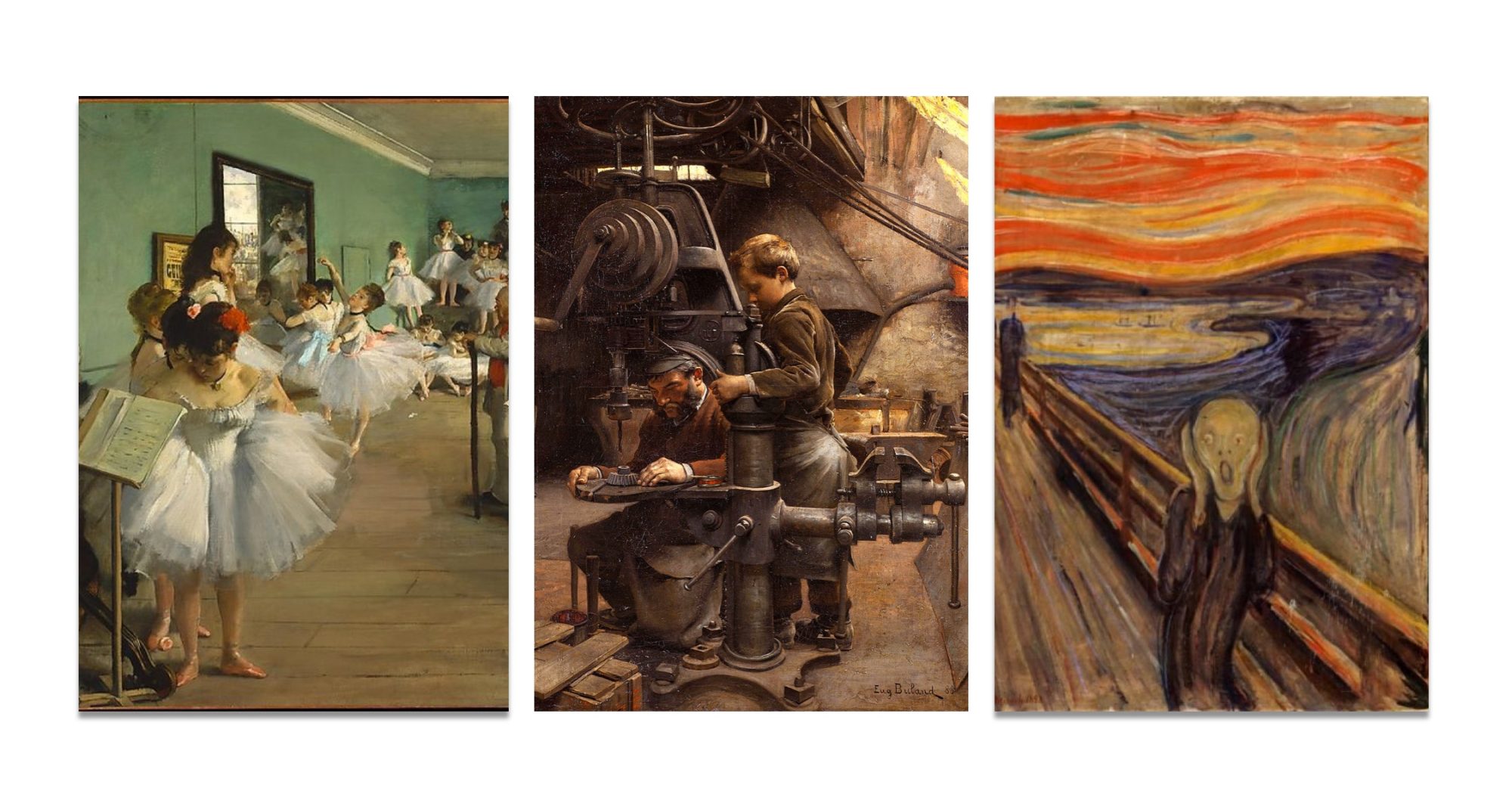Throughout history, the subject and idea of ruin has meant different things to different cultures and time periods. Compare and contrast the idea of ruin to Thomas Hardy’s “The Ruined Maid” to another poem on ruin from another era or culture. (250 words) Post the other poem as well.
Thomas Hardy’s poem, “The Ruined Maid,” was written in the year 1866, and describes the life of a “ruined” woman. It presents a unique look at a ruined woman who has in fact made her life better through her ruin. She is well dressed, speaks politely and lives comfortably. However, the connotation of the word ruined, pertains to the fact that she is a fallen woman, or a prostitute. Although her world is not ruined, and she is living quite amiably, others still see her as ruined because of her profession.
Stevie Edwards’ poem, “What I Mean by Ruin Is…”, was written in the year 2011, and the word ruin has a much different connotation than that of the above mentioned poem. Edwards’ poem describes a woman whose life is a ruin. She has no food, and goes on dates to get some. Her life is constant string of indecision, and an old love has left her unable to return to herself. She is haunted by her past and is raw to the world. No one is there to care about her. In this poem, she is not ruined, but her life is ruined. In the current era, one does not usually look at a person and say, they are ruined, they instead look at their life and call that ruined. The focus is no longer on the individual as much. The word, although it may still have the same meaning, is no longer used in the same way as it was before.
Stevie Edwards
WHAT I MEAN BY RUIN IS…
When there’s only condiments left in the fridge
and you join a free online dating service
so men will buy you dinner.
When you’ve shucked the night with the dull blade
of indecision and gulped down everything,
even the pearls.
When some old, left-handed love has left
your guitar strung backwards
and you can’t find any songs
for rain in its frets.
When you wake up next to the body
of your past and it looks ready
to wrinkle and bald.
When the last burn of summer is peeling
from your breasts and there’s nothing to husk
the pale, raw of new flesh.
When the woman who wears her hair
in the old way quits mumbling about Jesus
on the street corner and takes her salvation
pamphlets to a pauper’s grave.
When you’re too ugly to pray,
but pray
and the only voice
on the drunk subway wails
good grief.
I think this assignment has value, because it shows the evolution and constant changing of a word’s meaning in society. By looking at the different values in society and the different set up, one can see how words mean different things in different places. In my example above I found that in the 19th century the word ruin usually was labeled to a fallen woman, even though she had a good life. Because of her actions, she would forever be labeled ruined. However, looking at a poem from the 21st century the word ruin is not used to describe a person, but instead a person’s life. It is not one choice she made that made her ruined, it doesn’t actually describe her as ruined at all, but instead her life. Her life is a ruin, because she is poor, because no one cares about her. The word is used in a completely different manner. Which makes sense considering things are more acceptable or forgiven in society today than they were back then.
I think this assignment would encourage good class discussion because everyone would be coming up with something different. One person may compare it to a poem from the medieval era, while others might find poems from different cultures. This is also a good follow up to our first assignment on choosing a word and writing about what it means to poem, so you could use this as a follow up and ask to find that word in a poem from another era and see if the connotations are the same or different. So the word wouldn’t have to be limited to the word ruin.
-Elyssa Reisman


